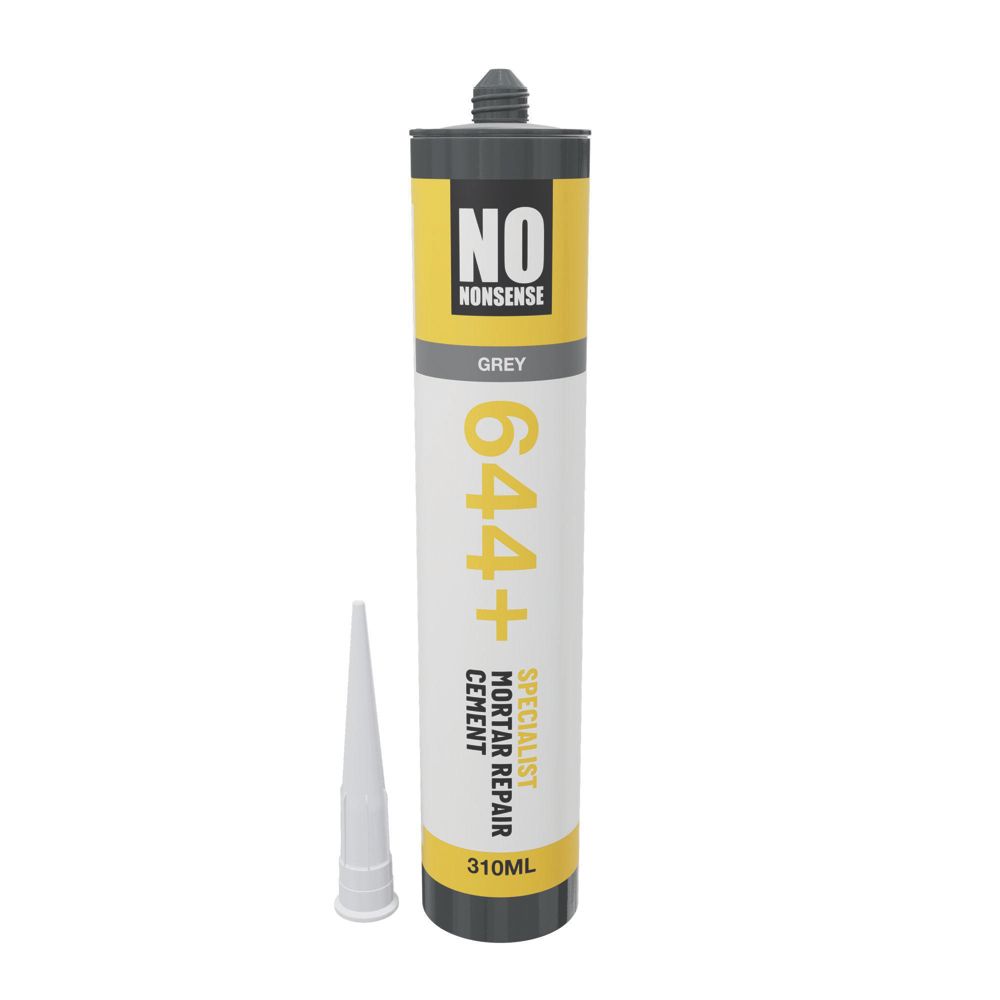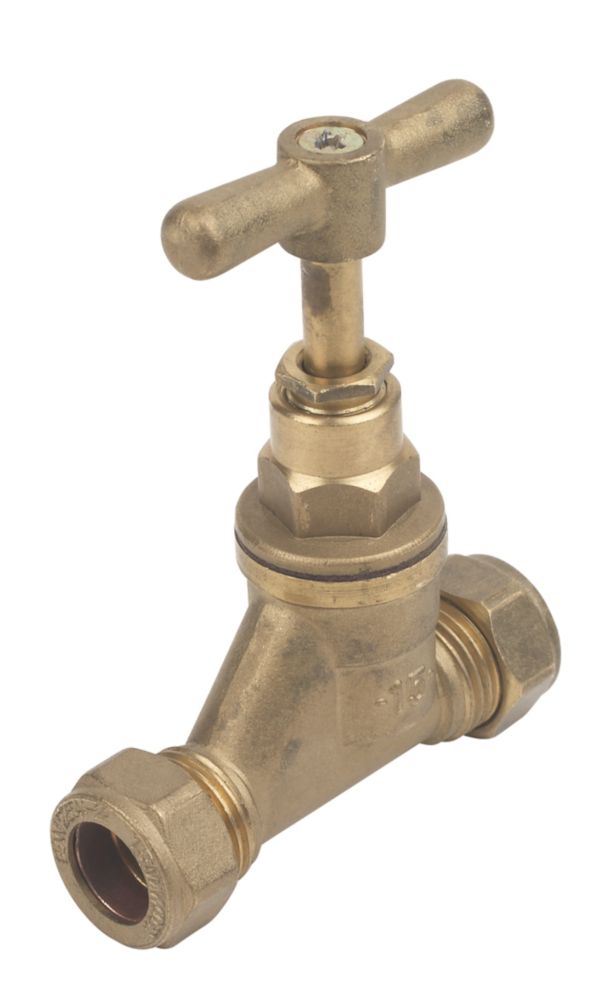I've just replaced a outside tap, because the old one stopped working.

All working and no leaking, so far.
I need to patch up the holes in the brick left by the old tap and secure the new tap to the wall.
To patch up the holes, I was going to use this stuff.

 www.screwfix.com
www.screwfix.com
But as for securing the tap to the wall, what kind of screws, rawlplugs should I grab?
All working and no leaking, so far.
I need to patch up the holes in the brick left by the old tap and secure the new tap to the wall.
To patch up the holes, I was going to use this stuff.

No Nonsense Mortar Repair Grey 310ml - Screwfix
Order online at Screwfix.com. Developed to repair damaged masonry between brick and stonework. Also for repairing cracks and damaged stone edges. Can be used to seal joints between tiles, stone and brick slips and pointing around lead flashing. Will adhere without primer even on slightly damp...
But as for securing the tap to the wall, what kind of screws, rawlplugs should I grab?



